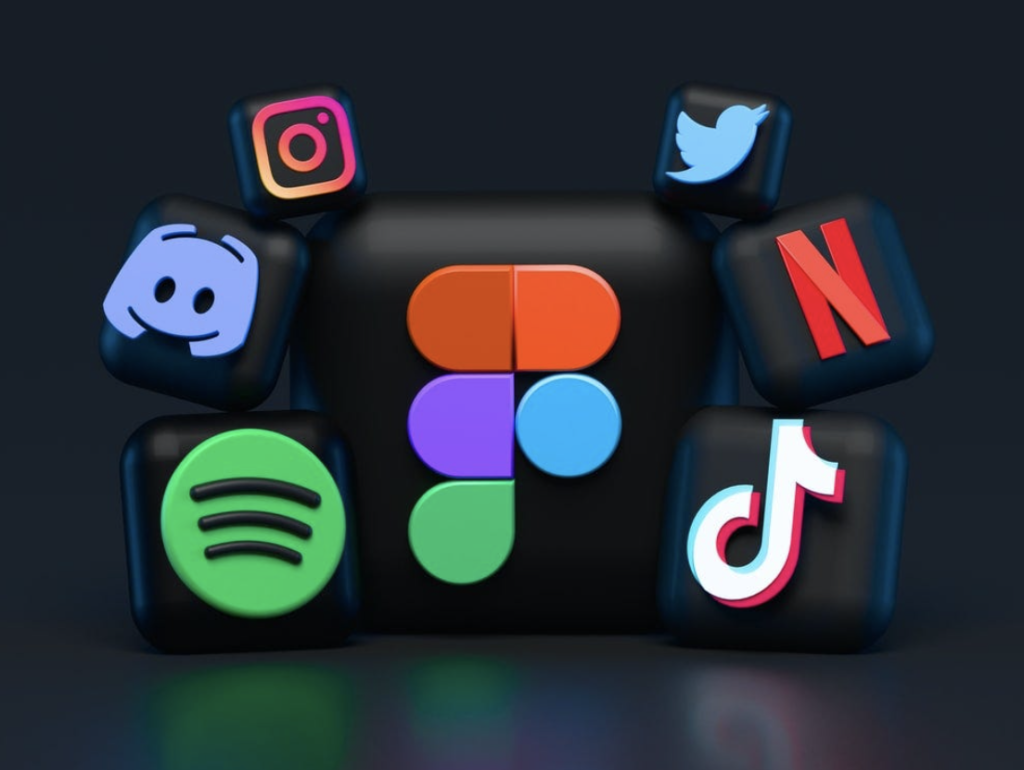The concept of personal branding has been around for a long time, but only recently has it taken on such an important role for professionals in today’s job market.But what exactly is personal branding?
What is personal branding?
Personal branding is about representing yourself to the world in a way that makes you stand apart from your competitors and in a way that makes people want to do business with you. It’s about being memorable, interesting, authentic and consistent.
Your personal brand is how you present yourself as a professional. It’s not just about your job title or what you do, but also about who you are, what makes you special and why people should hire you. If you’re looking for a job, creating an effective personal brand can help you find your dream role much faster than if you were just another candidate applying through an online application form.
LinkedIn has become the go-to platform for employers when it comes to recruiting new talent. If a company is looking to fill a position, they’ll often start by searching LinkedIn and posting on their company page asking for recommendations (often referred to as ‘inbound recruiting’). This means that if you want to be considered for any of these roles, then creating engaging content and building up your network is essential.
So why should you consider building your reputation on platforms like LinkedIn or Twitter?
Here are a few reasons why personal branding is so important:
- 1. Branding helps you stand out from the crowd and be seen as an expert in your field.
- 2. You’ll build relationships with potential clients and employers which can help you secure a new role
- 3. A strong personal brand helps with career progression and promotions within your company or industry
- 4. You’ll have something consistent to fall back on when you’re asked about yourself or your work history in an interview or job application situation (and beyond).
- 5. You’ll be able to market yourself better online and offline (i.e., on social media).
- 6. Personal branding lets others know who you are as an individual (and not just as an employee); it helps define what makes you unique
How do you do this? First of all, think about why people would listen to your message. What do you have to offer? Do you have a unique perspective on the world? Are there certain skills or experiences that set you apart from other professionals? If so, how can you showcase these things in a way that’s appealing to others?
Your personal brand is your first impression. It’s what people see when they meet you and it’s what they’re going to remember about you. It’s how they’re going to view you and how they’re going to view the things that you do. When someone sees you for the first time, they make quick judgments about who you are and whether or not they want to engage with you. The way that you dress, speak and behave will all give others an indication of who you are as an individual. This is why it’s so important that you know who you are and what makes up your personal brand before going forward with building your career path.
You can also demonstrate authority by creating videos, podcasts or other forms of content that are attractive to your audience. What’s important is that they’re useful, insightful and entertaining at the same time. But if you just go out there and say “I’m an expert in X” people might be like “What? Really?” They’re going to want to see proof of this claim in action or evidence that what you are saying is true before they buy into it.
Create something that people can recognise as relevant to their needs or problems, then communicate it through multiple channels (email, social media, blog posts etc.) over time so that people can easily find what they need when they need it most (e.g., when they’re looking for information on how to solve a problem).
When you’re starting out, it can be tempting to post a wide range of content. You may want to try different types of content and see what works best for your audience. But there’s a big difference between experimenting with what works and posting anything that comes to mind.
For example:
- If you’re a fitness blogger, then consistently share fitness-related posts with tips on how to get fit and stay healthy.
- If you’re a fashion blogger, then consistently share fashion-related posts with new outfit ideas for work or date night.
- If you’re an animal lover, then consistently share animal-related posts with cute pictures of pets doing funny things!
Final thoughts
Consistency is key to building an audience, especially if you want to build a following on social media. The more consistent you are with your brand, the more familiar people become with it. The same goes for when people see someone they know over and over again in different places; they begin to feel like they know them better than someone who is new or inconsistent with their actions. This is how many celebrities build up their fan base; they always give their fans something to look forward to when they come back into town or when they post something new on social media.
Once you know what makes you unique, start crafting your brand identity around it. The key here is consistency: if every communication piece reflects your brand values, then it becomes easier for people to recognise your voice and experiences as yours — even when they come across them in different places online.




